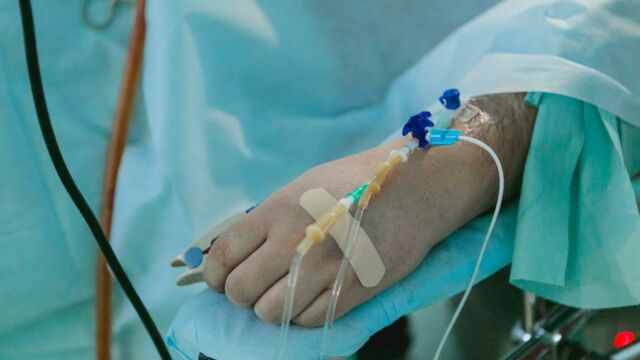COVID-19 patients that have required surgery in the past have been found to be at a dangerously higher risk of developing blood clots, according to a new study.
Discover our latest podcast
Higher risk of postoperative VTE
Researchers from the University of Birmingham have found there to be a correlation between active or past COVID cases of patients who have had a surgery and venous thromboembolism (VTE).
The dangerous form of blood clots known as VTE is a variety of blood clots that form in a person's veins. It is often misdiagnosed, but it can also be easily managed through early detection. It is a medical condition that can cause disability and death if left untreated.
Most often, these types of blood clots come about upon recovering from a surgery, as people tend to have to lay in bed for long periods of time. This extended stagnated state makes it easier for clots to form, as less sedentary people are active enough to have their blood constantly circulating. Dr Elizabeth Li from University Hospital Birmingham and one of the authors of the study explains that:
People undergoing surgery are already at higher risk of VTE than the general public, but we discovered that a current or recent [COVID-19] infection was associated with greater risk of postoperative VTE.
And added:
Surgical patients have risk factors for VTE, including immobility, surgical wounds and systematic inflammation - and the addition of [COVID-19] infection may further increase this risk.
A 450% increased risk of death
Even more concerning, those who have had the virus are up to 450 times likelier of dying if they develop VTE.
In fact, the study showed that out of 76 of the patients involved in the study who got COVID and had VTE, 31 of them died compared to only 319 of the 4,342 survivors who did not develop the post-operative blood clots.















